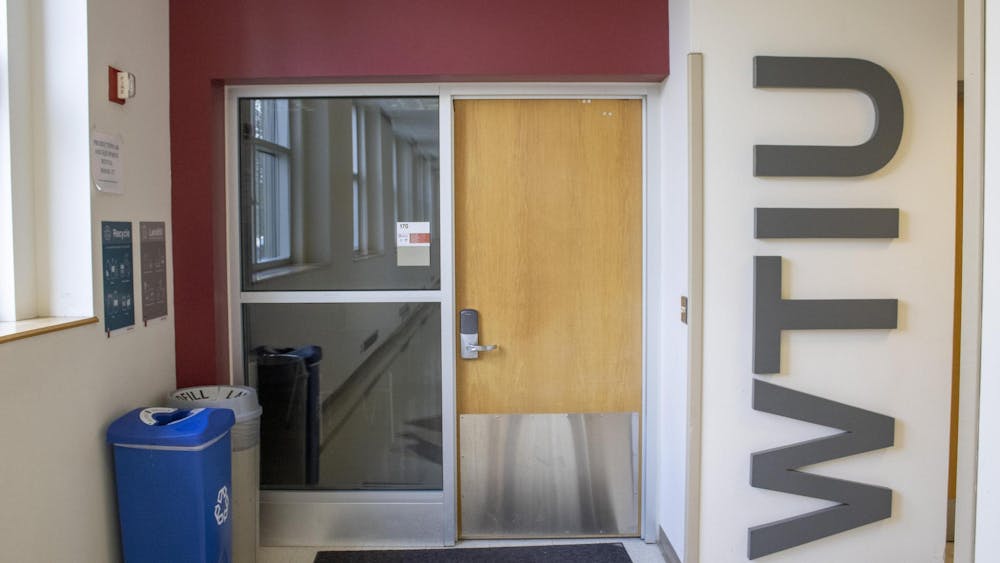More women are giving it “the old college try.”
Women are making educational gains at a faster rate compared to men, said Rachel Justis, a research analyst at the Indiana Business Research Center at the Kelley School of Business.
More women in Indiana – and the rest of the country – are working and advancing their careers, Justis said.
“This isn’t to say that fewer men are getting degrees,” she said.
Justis looked at information about college degrees in the 2007 American Communities Survey, published by the U.S. Census Bureau, and found more women younger than 45 years old are obtaining at least a bachelor’s degree both in Indiana and the country as a whole.
“I guess I feel women are just becoming more independent,” junior Kelee Grinager said.
Grinager said it doesn’t surprise her that more women than men are earning degrees because more people in general are earning degrees.
Today, Grinager said, society is changing, with women deciding to follow a career and men deciding to stay home with the children. She said a woman doesn’t know what her future will be like, whether she will get married or stay single, so more might be getting degrees to create opportunities.
“I think it’s important that people have the option to go out into the workforce if they want to,” said senior Kelsey Botne.
In Indiana, in the 25- to 30-year-old population, 28.1 percent of women have college degrees compared to 23.4 percent of men, according to the study. At 35- to 44- years old, it’s 25.7 percent of women compared to 22.8 percent of men. At 45 years and older, the numbers change, with more men earning degrees.
Justis said nationally the gender gap was greatest in the early 1940s and 1950s, but by the 1980s the numbers had evened out.
Since then, degree-earning women have been outnumbering men, she said.
Indiana lags behind the national average college education rate because it’s a manufacturing-based economy with well-paying jobs that don’t require a degree, Justis said.
Justis said it will be interesting to look at salaries and wages for women in the future.
“There is still a persistent wage gap,” she said.
Botne said she wondered how more women earning degrees will affect the number of women in higher positions, such as CEOs. She said people always talk about how there’s a glass ceiling for positions, where women work their way up and can’t advance their careers anymore.
“I don’t think anything can be successful if the same type of person runs everything,” Botne said.
Justis said she is puzzled about why men – though not earning fewer degrees – are not earning more.
“That is kind of the lingering question,” she said.
Survey states more women pursue college degrees than men
Get stories like this in your inbox
Subscribe





